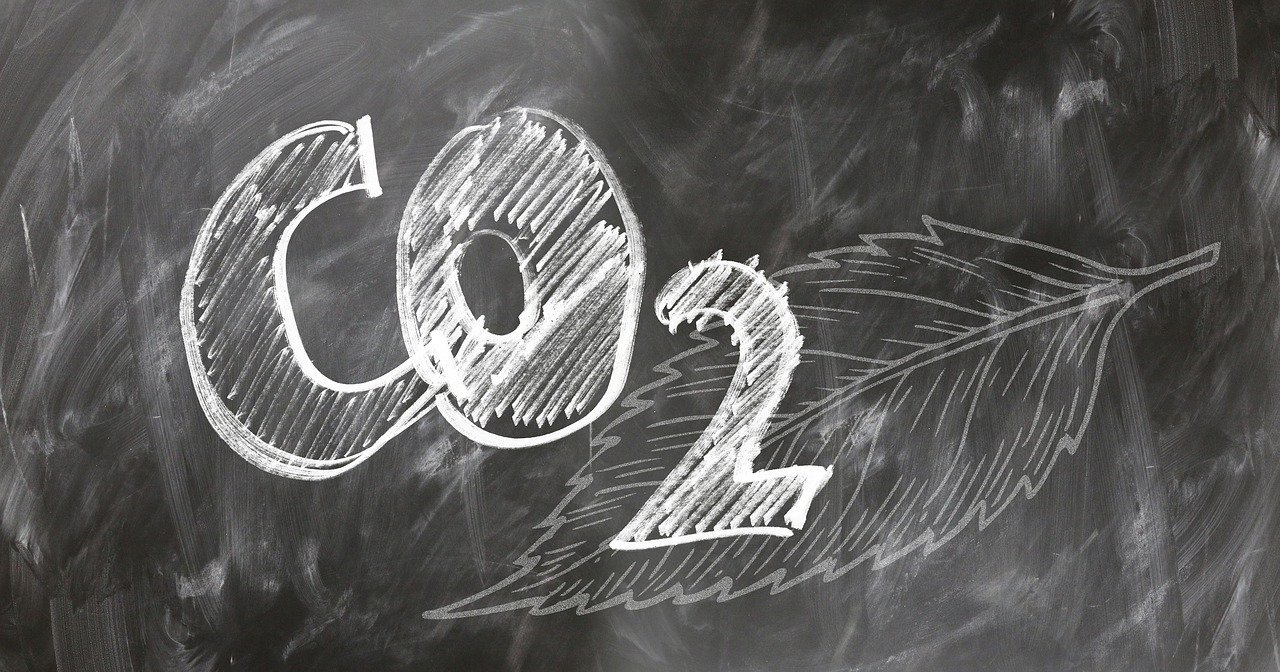Japan is an internal carbon pricing (ICP) enthusiast. Of the 864 companies worldwide that used an ICP system last year to set an internal value for one ton of CO2, 118 were from Japan. That ranked Japan second only to the U.S. in the ICP rollout.
While Japanese firms have rushed to put a monetary figure on CO2 emissions, a Japan NRG survey shows a vast difference in methodology and outlook. In fact, the answers collected from public reports and conversations with over 30 companies and industry associations varied in their pricing by a factor of 1,000.
As nations prepare for November’s COP26 meeting in Glasgow, at which at least one global carbon pricing and trading scheme is expected to be announced, the wild variations in Japanese ICPs suggest that the prospects of CO2 becoming a broadly accepted and traded commodity is still at an early, formative stage. What one ton of CO2 represents for each company and industry differs greatly, and cost assumptions reflect this.
Still, our findings suggest that ICP, as it is today, is seen by many firms as a financial adjustment that must be included in risk calculations due to expected disruptions in supply and demand balances and marketplace rules during the energy transition.
The price is right?
The purpose of ICP is to measure the impact of carbon costs on capital and investments. When CO2 is understood to be a quantifiable risk with a monetary value, companies can change their operations, strategy, capital allocation and so on, to justify action as business-critical.
An ICP is used separately from a government-set tax on carbon emissions and doesn’t result in any fines or payments. However, it encourages businesses to make changes based on expectations of updates in the environment and market conditions that could lead to penalties for emissions.
Japan NRG carried out a survey of the leading Japanese companies to have engaged with ICP. The results showed the following: ….

